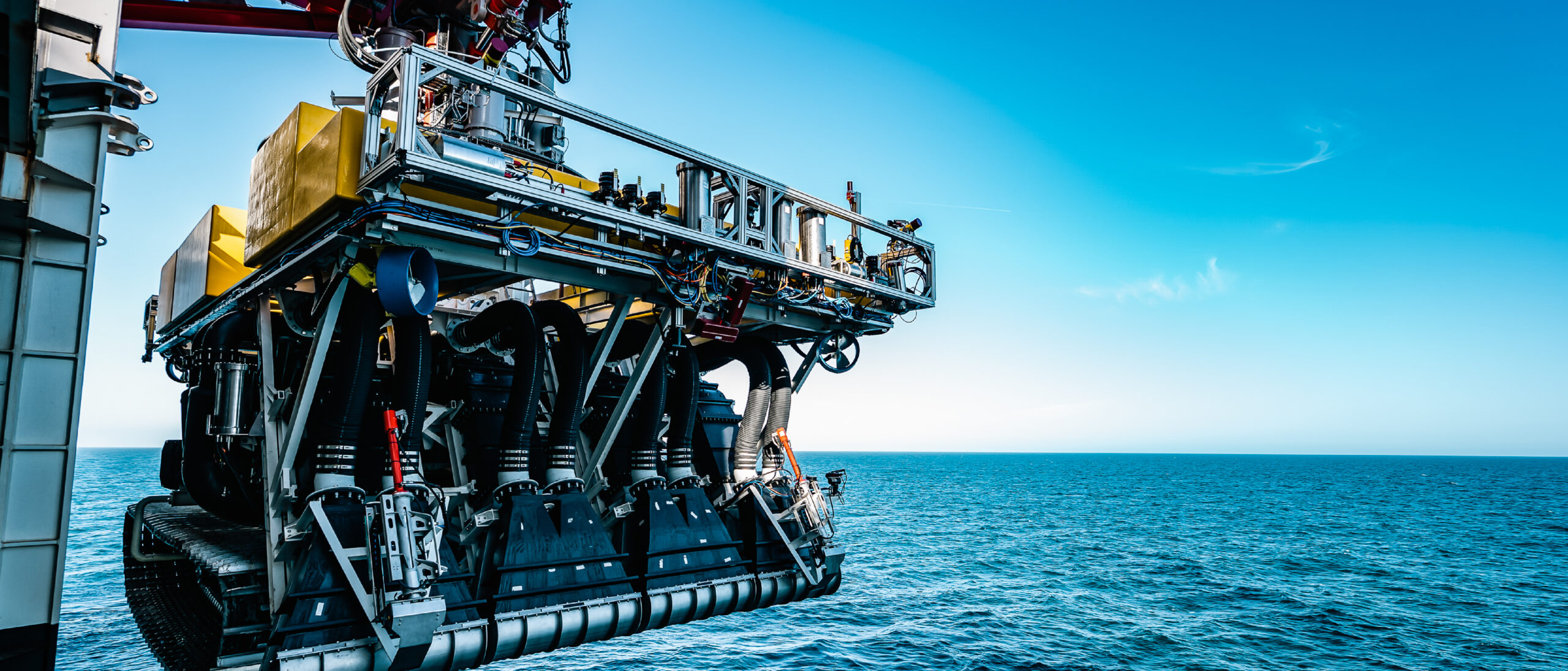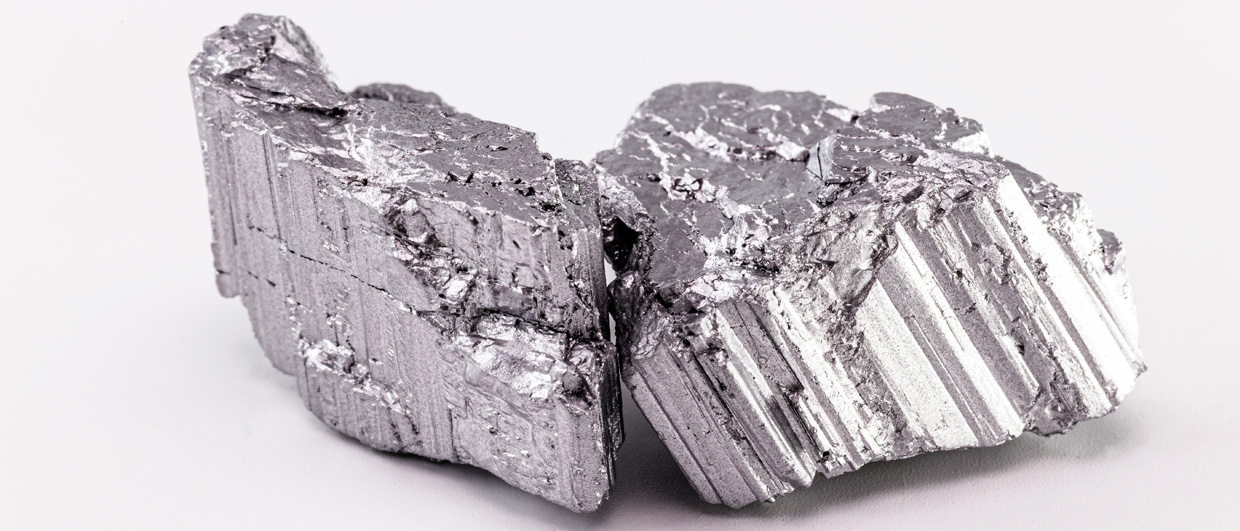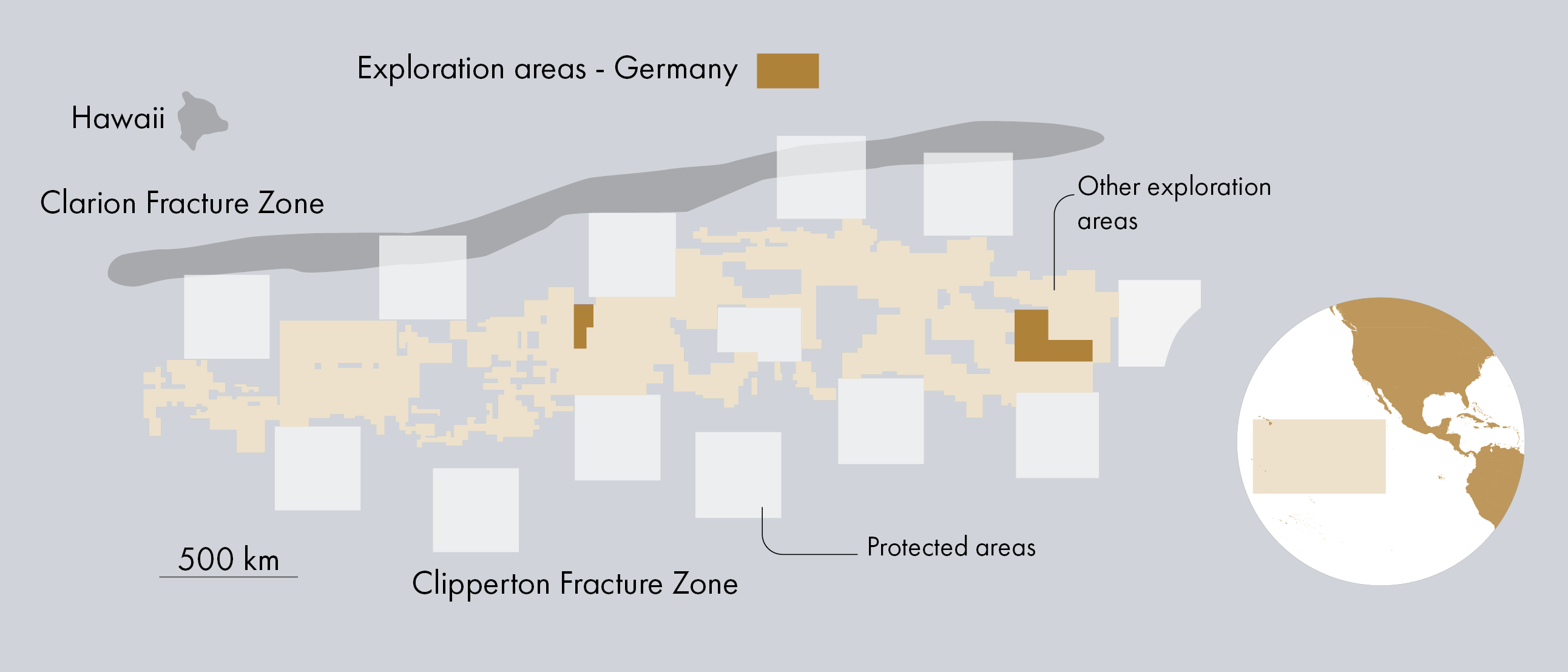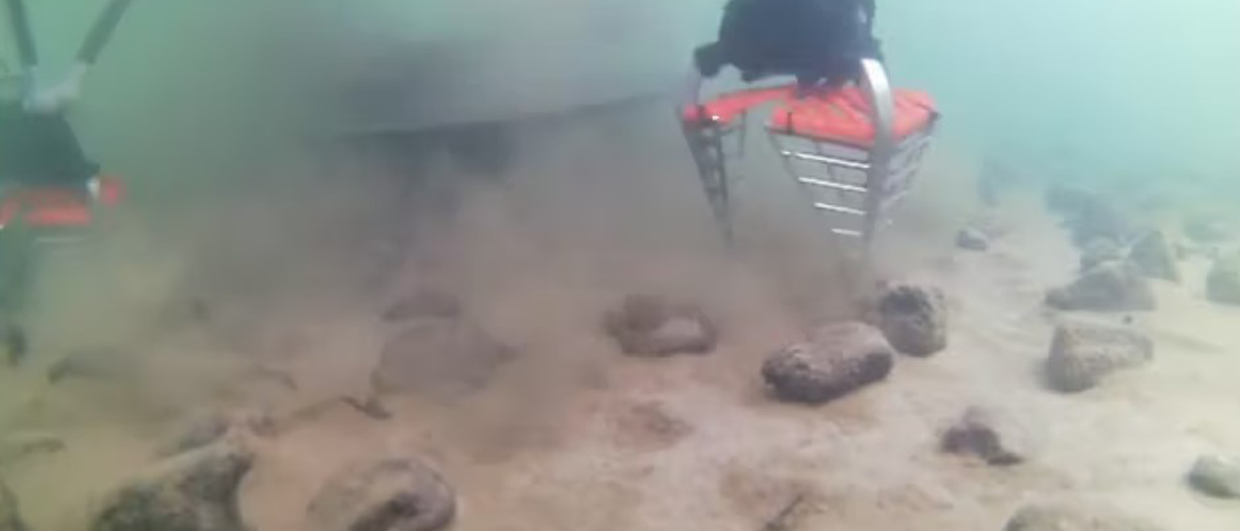When the convention of the sea was adopted in 1994, the newly formed International Seabed Authority (ISA) started to award licences for the exploration of seabed minerals. Now, in 2025, these licences have caused a particular situation for some countries. Two of these stand out, Germany and France.
Especially the German delegation to the ISA is pushing for extremely high and costly environmental standards, and is slowing down the ISA’s attempts to develop a reasonable and adaptive mining code to progress to seabed mineral extraction. But at the same time, Germany owns two licences that should progress towards the ultimate goal of extraction, according to ISA contractual obligation. France also has two exploration contracts in international waters, is exploring for seabed minerals in national waters around its southern Pacific territories, but has officially proclaimed a moratorium on seabed mineral extraction at the same time. Why then, are these countries holding on to their exploration licences?
A similar situation applies to the Netherlands, even though the country does not have mineral exploration licences. Whilst the members of the Dutch delegation at the ISA Council are very much in line with Germany’s approach, Delft-based Allseas has converted a former drill ship to a nodule-harvesting vessel. Equally, Royal IHC developed a prototype nodule collector that was tested in the Mediterranean.
“It’s a difficult situation we find ourselves in,” says Annemiek Vink from the BGR in Germany. “We cannot consider seabed minerals without looking at the consequences of land mining; you have to see the complete picture. With rapid global population growth, geopolitical tensions and a strong belief that everybody has the right to the same level of development as we do, additional primary metal sources are a necessity. I think seabed minerals form a reasonable alternative to opening new land mines with high social and environmental costs, provided that the right management systems are in place.”
“With Germany calling for a precautionary pause in seabed mineral extraction, the main focus of our exploration work at the moment is on the environmental side of things,” says Annemiek. “Rather than working directly towards seabed extraction, we collaborate loosely with companies wanting to test their equipment and focus on aspects of environmental monitoring and impact analysis. But it is clear that we are walking on eggshells.”
However, in the light of what is currently being discussed around security of supply and the US’ move to bypass the ISA, this whole situation might change. It might just be a matter of time until these countries will make a turn.





